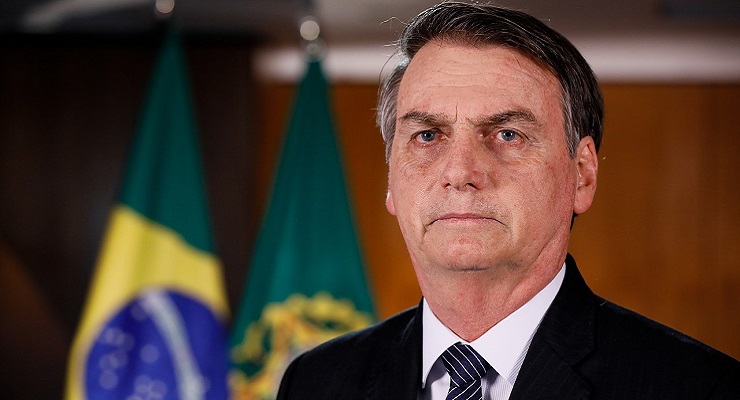
This interesting analysis is by Oliver Stuenkel and is published in Americas Quarterly. Here is an excerpt:
When in 2018 Brazilians elected as president a former army captain with an explicitly authoritarian rhetoric, who glorified the military dictatorship, worshipped a torturer and openly spoke about imprisoning his political opponents and undermining checks and balances, numerous scholars, journalists and policymakers expressed concern that irreparable damage would be done to Brazil’s democracy. Since then, Brazilian observers have almost constantly been on edge about the state of the country’s three-decade-old democracy and the risk of a return to the dark days of authoritarian rule.
And yet, while no doubt ruffled, so far Brazilian democracy remains alive and resilient despite the political climate, which has worsened considerably since President Jair Bolsonaro’s election. While the president has openly sought to erode Brazil’s democracy, he has so far failed to inflict irreversible damage. It is interesting to consider why.
The overtly anti-democratic rhetoric embraced by Bolsonaro, his allies and his followers has deepened polarization, rendering a constructive public debate on how to tackle Brazil’s most pressing challenges more difficult, as the country’s chaotic response to the pandemic attests. While infection rates in many countries are declining, COVID-19 is killing more Brazilians per day than ever, despite having the world’s largest free public health system and one of the most respected immunization programs in the developing world.
Read the full article here.
Leave a Reply